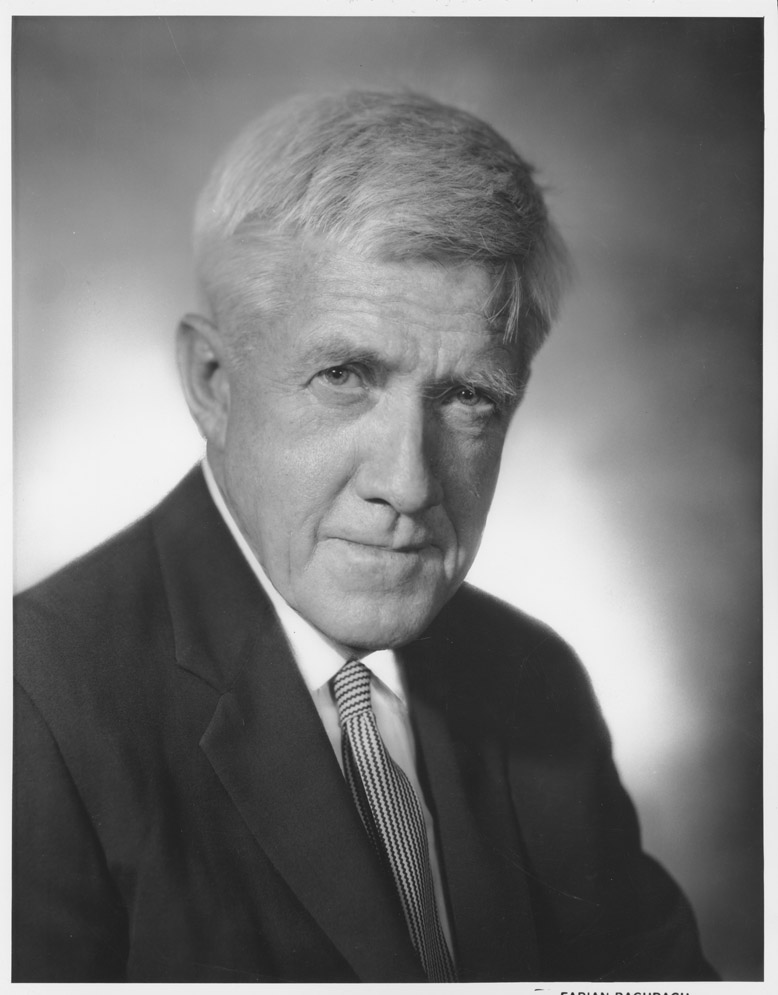Stonewall Center Records
Following a series of homophobic incidents on the University of Massachusetts Amherst in 1985, the Program for Gay, Lesbian and Bisexual Concerns was established as an administrative center in the Office of Student Affairs. Later renamed after the notorious riots in New York, the Stonewall Center has provided the campus and surrounding community with cultural and educational programming through speakers, films, video and book library, Speakers Bureau on LGBTQ issues, referrals and support, advocacy and community outreach.
The records of the Stonewall Center include documentation of day to day operations, including phone logs, memos, and budget information, as well as posters and press releases for events, publications, campus and external reports, training manuals, surveys, newspaper clippings, and ephemera such as banners, tee-shirts, and buttons.


